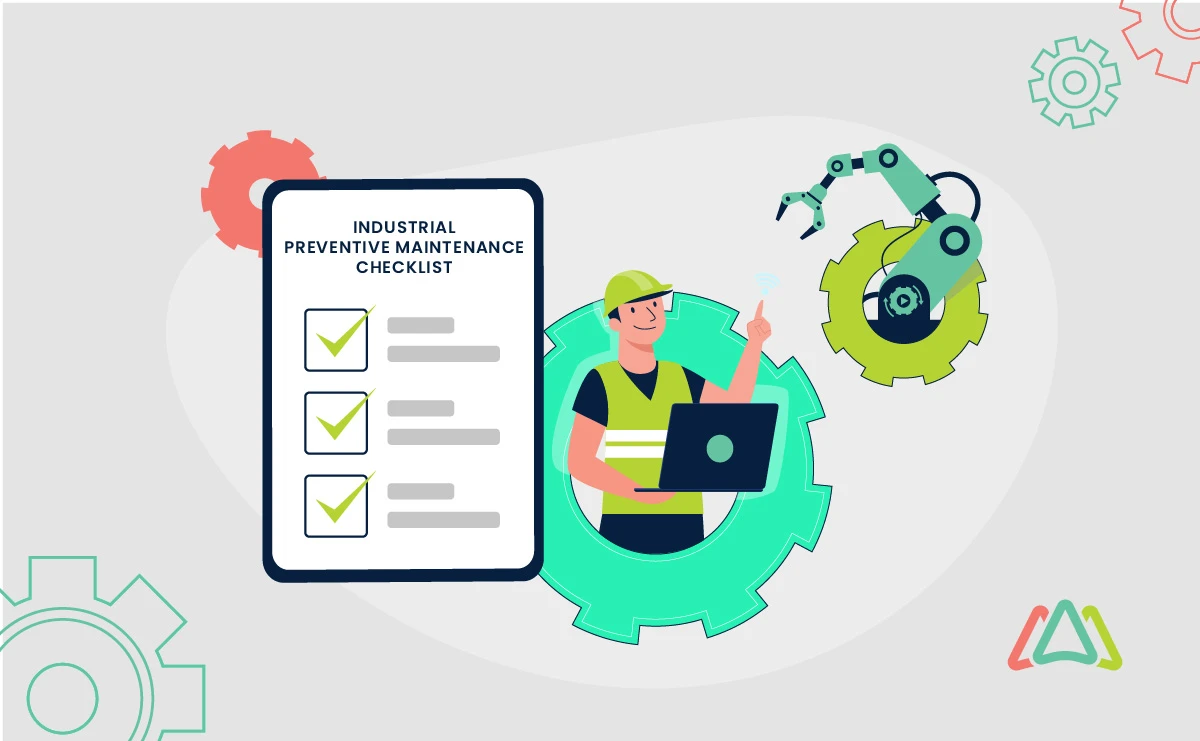In the vast world of industrial operations, ensuring fluid system integrity is crucial. Whether you’re dealing with hydraulic systems in manufacturing or pipelines in chemical plants, any breach in integrity can lead to contamination, operational inefficiencies, and sometimes catastrophic failures.
This blog post explores the strategies and practices essential for maintaining the integrity of fluid systems and preventing contamination. Industrial engineers, environmental health and safety professionals, and maintenance managers will find valuable insights and practical tips to enhance their systems’ reliability.
Understanding Fluid System Integrity
Fluid system integrity refers to the seamless operation of a system without leaks, blockages, or contamination. Maintaining this integrity is essential because these systems often handle hazardous substances. A leak or contamination not only jeopardizes operations but also poses significant safety and environmental risks. Ensuring system integrity involves regular monitoring, timely maintenance, and adopting innovative solutions that prevent failures before they occur.
Identifying Common Contaminants
Contaminants can infiltrate fluid systems through various means. From external environmental factors to internal process mishaps, the sources are many. Dust, dirt, moisture, and chemical residues are typical contaminants. Each poses unique challenges that can degrade system performance and compromise product quality. Recognizing these contaminants is the first step towards implementing effective prevention strategies.
Implementing Rigorous Maintenance Schedules
Routine maintenance is the backbone of any successful industrial operation. It involves systematic inspections, timely repairs, and replacing worn-out components. A well-structured maintenance schedule ensures that potential issues are addressed before they escalate. By keeping a detailed log of all maintenance activities, teams can identify patterns and predict future needs, thereby reducing unexpected downtimes.
Leveraging Technology for Monitoring
Modern technology offers numerous tools to monitor fluid systems in real-time. Sensors, IoT devices, and data analytics tools provide continuous feedback on system performance. These technologies enable predictive maintenance by identifying anomalies and trends that may indicate potential failures. By harnessing technology, industries can enhance system reliability and extend equipment lifespan.
The Role of Proper System Design
Design plays a pivotal role in maintaining fluid system integrity. A well-designed system minimizes the risk of leaks and contamination. Factors such as material selection, component compatibility, and system layout are crucial considerations. Engineers must prioritize designs that facilitate easy maintenance and minimize the potential for contamination during routine operations.
Training and Empowering Staff
The effectiveness of any system maintenance strategy hinges on the competence of personnel. Regular training sessions ensure that staff are well-versed in best practices and can quickly identify and rectify potential issues. Empowered employees are more likely to take proactive measures, reducing the likelihood of contamination and fluid system failures.
Utilizing Deburring Services
Deburring is an often-overlooked service that can significantly enhance fluid system integrity. During manufacturing, burrs—tiny, rough edges—can form on metal parts. These burrs can cause blockages and harbor contaminants. Employing professional deburring services ensures that components are smooth and clean, thereby reducing the risk of contamination and improving system efficiency.
Establishing a Strong Safety Culture
A culture that prioritizes safety and quality is crucial for maintaining fluid system integrity. Organizations should encourage open communication about safety concerns and continuously reinforce the importance of adhering to best practices. A strong safety culture not only minimizes risks but also boosts overall morale and productivity.
Adopting Industry Standards and Best Practices
Industry standards provide a benchmark for quality and safety. Adopting these standards ensures that systems operate within safe parameters and meet regulatory requirements. Regular audits and assessments help organizations stay updated with the latest best practices and technological advancements.
Investing in High-Quality Components
Using high-quality components reduces the frequency of failures and extends system life. While the initial investment may be higher, the long-term benefits in terms of reduced maintenance costs and increased reliability make it worthwhile. Partnering with reputable suppliers ensures consistency in product quality.
Continuous Improvement and Feedback Loops
Fluid system integrity is not a one-time task but an ongoing process. Establishing feedback loops allows organizations to learn from past incidents and continuously refine their strategies. By fostering a culture of continuous improvement, industries can better adapt to evolving challenges and maintain optimal system performance.
Maintaining fluid system integrity and preventing contamination are paramount for the smooth operation of industrial processes.
By integrating robust maintenance practices, leveraging modern technology, and fostering a culture of safety, organizations can ensure their fluid systems operate efficiently and reliably.
Industrial engineers, environmental health and safety professionals, and maintenance managers are encouraged to adopt these strategies to enhance operational success.

